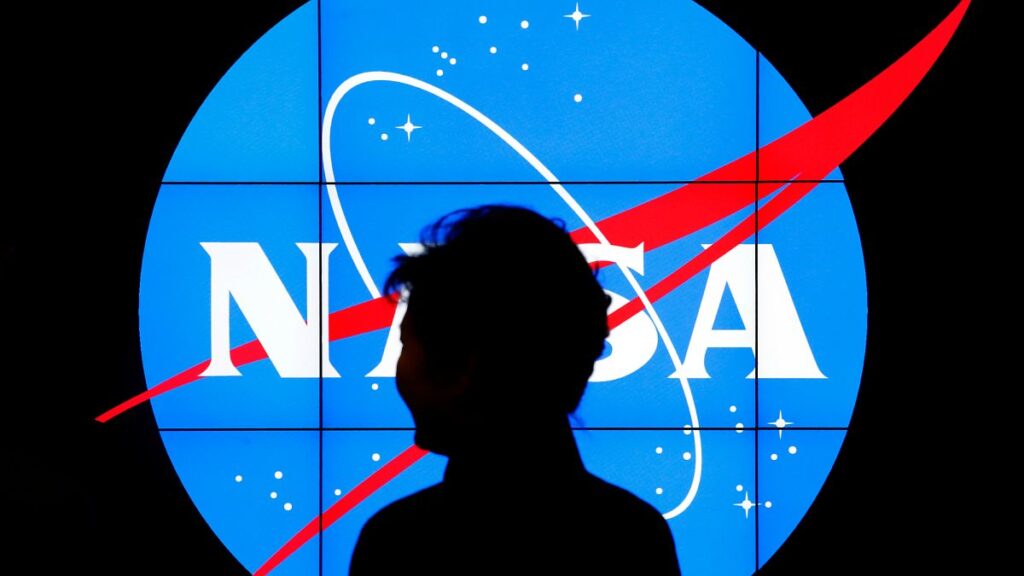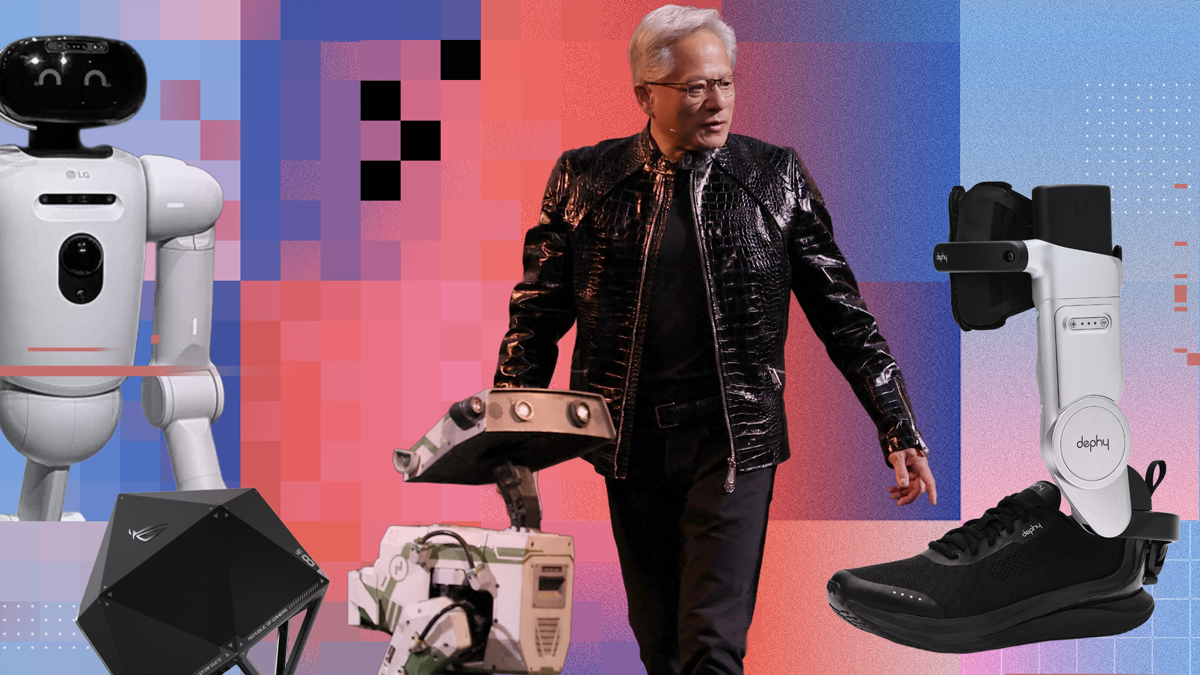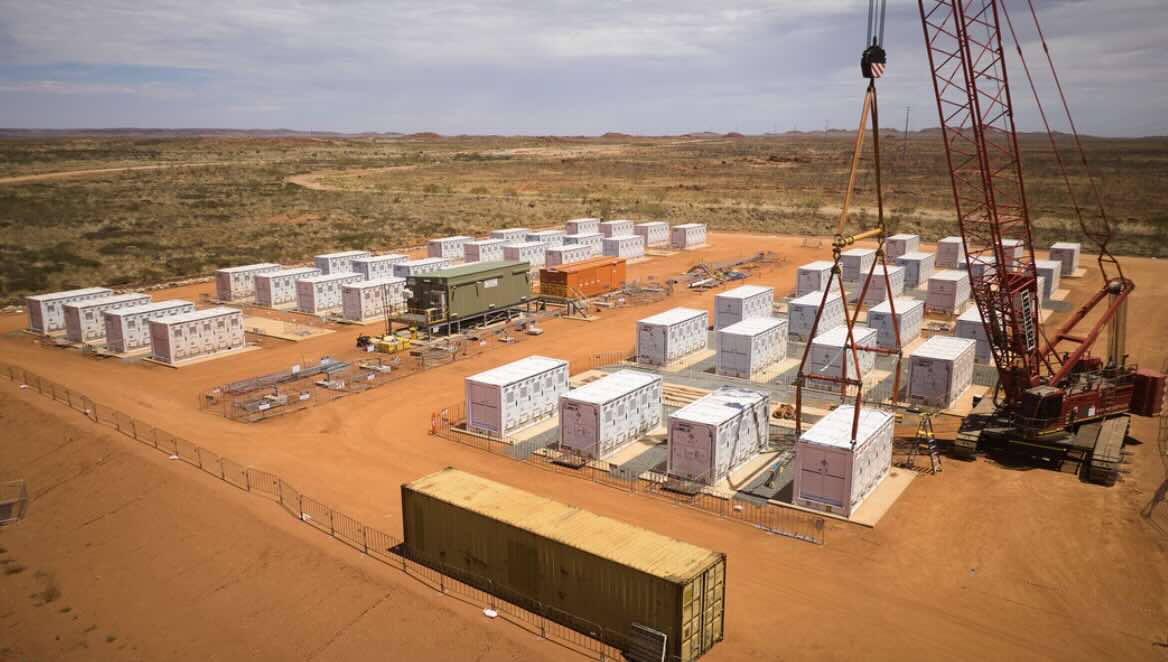
Google and NASA are joining forces to develop an artificial intelligence (AI) tool designed to tackle health issues faced by astronauts during space missions. This collaboration comes as the United States sets its sights on longer missions to the Moon and Mars, marking a significant step in space exploration and medical innovation.
The AI system, named the “Crew Medical Officer Digital Assistant,” aims to assist astronauts and their Earth-based medical teams in diagnosing and treating symptoms in real time. According to a blog post from Google, this tool will also provide flight surgeons—specialized physicians in space medicine—with data and predictive analytics to enhance their decision-making capabilities.
Early results from the proof-of-concept project have shown promising outcomes, with reliable diagnoses based on reported symptoms. Google is now collaborating with medical professionals to further test and refine the model, ensuring it meets the rigorous demands of space travel.
Enhancing Medical Support in Space
The development of the AI digital assistant is particularly crucial as NASA prepares for the Artemis II and III missions, which aim to return humans to the Moon for the first time since the Apollo program of the 1960s. These missions are part of a broader strategy leading up to the United States’ inaugural Mars missions, projected for the 2030s.
Google emphasized the broader impact of this initiative, stating, “This innovative system isn’t just about supporting space exploration; it’s about pushing the boundaries of what’s possible with AI to provide essential care in the most remote and demanding environments.”
Current Medical Support for Astronauts
Currently, NASA astronauts undergo comprehensive medical training, including cardiopulmonary resuscitation (CPR), behavioral health, basic first aid, and the use of medical kits. They are also educated about specific space-related health issues, such as carbon dioxide exposure and decompression sickness.
On the International Space Station (ISS), astronauts have access to a well-equipped pharmacy and medical equipment, with the option to return to Earth for urgent medical care. However, this level of support may not be feasible for missions beyond low-Earth orbit (LEO).
Challenges of Deep Space Medical Operations
A 2023 study published in the IEEE Open Journal of Engineering in Medicine and Biology highlighted the challenges of providing medical support for missions beyond LEO, such as those to the Moon or Mars. The study noted that communication delays and the inability to perform emergency evacuations pose significant risks.
The Moon is outside of LEO, resulting in up to a 10-second communication delay, while any emergency evacuations back to Earth could take as long as two weeks.
For Mars missions, the challenges are even more daunting. An emergency extraction could take six months, with the journey covering over 500 million kilometers. Communication delays of up to 40 minutes would necessitate a more robust onboard medical system than what is currently available on the ISS.
The study concluded that for a Mars mission to succeed, the medical system would need to “make accurate diagnoses and anticipate the questions of specialists on the ground … [to] limit the need for repeated back and forth exchanges.”
Looking Ahead: The Future of Space Medicine
As NASA and Google continue to refine the Crew Medical Officer Digital Assistant, the implications for space exploration are profound. This AI tool could revolutionize how medical care is delivered in space, offering a lifeline to astronauts on extended missions far from Earth.
With the Artemis missions on the horizon and the potential for Mars exploration in the coming decades, the development of reliable, real-time medical support systems is not just a technological advancement but a necessity for the future of human space travel.
The collaboration between Google and NASA underscores the critical role of AI in expanding the frontiers of space exploration, ensuring that astronauts are equipped with the best possible tools to maintain their health and safety in the vastness of space.







